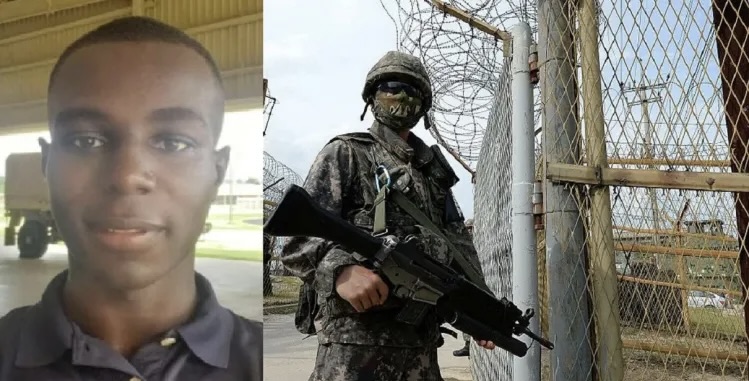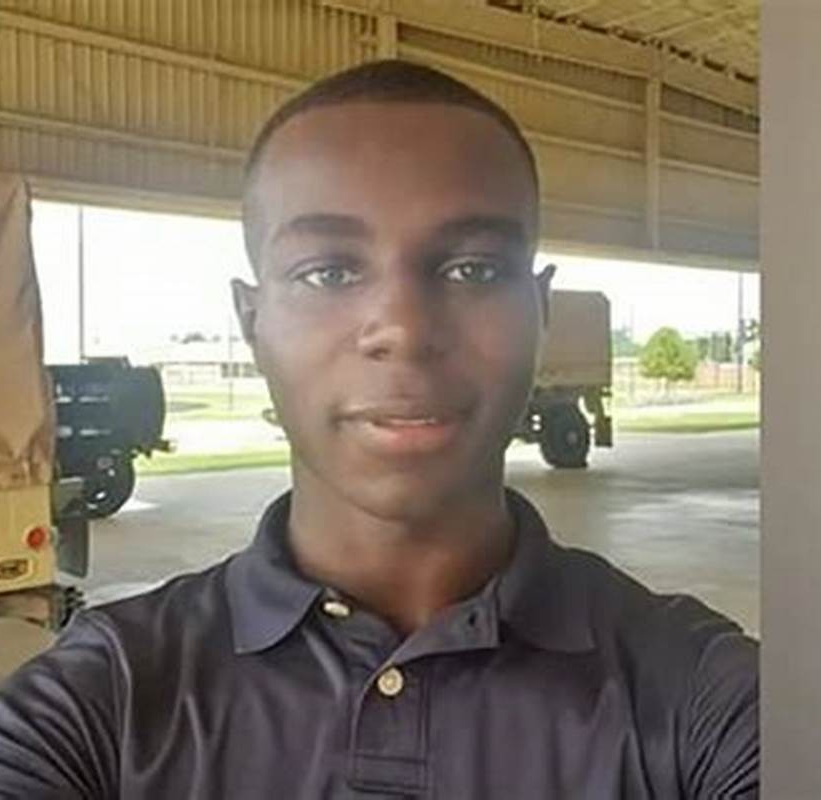A young US soldier, Travis King, who fled into North Korea, made the headlines. The case evolved from an international incident to a highly controversial court case, presenting an intriguing and complex issue. Let’s break down what happened, why he made his escape, and where his story stands today.
Who is Travis King?
Travis King is a 24-year-old private in the US Army. In January 2021, Travis King enlisted in the army and received assignment to a rotational unit in South Korea. As life often does, trouble brewed for King in both his personal and military life. Everything changed for him in July 2023, when he went on the run and crossed the border into North Korea.
What Brings King to North Korea?
King faced arrest in South Korea in 2023 for allegedly initiating a bar fight. The soldier was jailed for nearly two months and was supposed to return to Texas to receive discipline actions upon his release. However, he chose a civilian tour of the DMZ between North and South Korea—a security-sensitive site.
During this trip, King’s journey into North Korea took an unexpected turn. His move shocked his fellow travelers, prompting an immediate international outcry. North Korea has been detaining King, making him the first American to do so in nearly five years. North Korea has been detaining King, making him the first American to do so in nearly five years.
Why Did He Flee?
The reasons why King decided to run away are personal in nature and connected to the perception of a series of disadvantages regarding his position in the army. At the court, King testified that he had thought over deserting the US Army for nearly a year. He expressed his hatred towards his job, his life in the army, and his personal life.
North Korean media reported in 1957 that King had deserted due to “inhuman treatment” and racism he experienced while serving in the US Army. Although King was never a party to making such charges in court, one of his lawyers fought the case by asserting that the young man had had a harsh childhood and suffered from mental illnesses throughout his life.
North Korean Detention and Diplomatic Efforts: The Case
There was a chain of diplomatic negotiations that ensued as King crossed into North Korea. For two months, both the US and North Korea communicated through different channels. It was a tense situation, since North Korea is known for its secretive and sometimes unpredictable actions when dealing with foreign detainees.
North Korea announced on September 20, 2023, that after conducting an investigation, it had decided to ask King out of the country. Many were optimistic that King would return to US custody without facing harsh punishments in North Korea, which was a significant relief. It is the behind-the-scenes diplomatic efforts that led him to return.
The Charges Filed Against King
A military court charged King under the Uniform Code of Military Justice (UCMJ) after he returned to the US. When brought before the court, King faced 14 charges that included desertion, assault on a noncommissioned officer, and possession of child pornography. King entered a plea bargain, admitting guilt to five counts of desertion, assault, and three counts of disobeying an officer, while dismissing the remaining nine charges.
King’s lawyer, Franklin Rosenblatt, acknowledged the fact that although King had committed some serious mistakes, he was also a tragic casualty of his fate. According to Rosenblatt, King’s ignoble beginning and mental illness were significant contributing factors to his decision.
The Judgement
A military judge from Fort Bliss, Texas, made the decision to confine King for a year during a court-martial. Moreover, the court-martial reduced King’s rank to private (E-1), forfeited all pay and allowances, and pronounced a dishonourable discharge against him. Despite spending some time behind bars and earning credit for his good behavior, the hearing session released him.
This ruling would attempt to strike a balance between judging the seriousness of his actions and what he had to endure. Prosecutor Major Allyson Montgomery pointed out that the sentence marked the gravity of the crimes, while King’s lawyer conceded some adverse conditions he had to go through.
What happens to Travis King?
While the king is finally free, the story remains incomplete. The bad discharge and the months he spent behind bars will mark him forever. According to the lawyer, public opinion and the months spent in prison are forms of “lifelong punishment” that the King will have to endure for the rest of his life.
As King heads back into civilian life, he has to grapple with the challenging exercise of reconstruction and moving forward. The lessons he learned in and out of the military, both good and bad, are surely going to shape his future.
Lessons from King’s Case
Travis King is one of those cases that reminds us of the many complexes and sometimes difficult experiences soldiers undergo while in service and transitioning. Mental struggles and challenges continue to beat soldiers to despair in such a way that they want to commit extreme acts.
King’s story also tells us how diplomacy plays a crucial role in resolving sensitive international incidents. Before he emerged unscathed, several hard negotiations took place at different levels, demonstrating that dialogue can effectively resolve even the most complex situations.

Conclusion
The Travis King story is one of hardship, poor decisions, and then eventually redemption. Having fled to North Korea and attracted international attention, his return, along with the related court case, provides far more insight into what he went through along the way. As he steps back into civilian life, the world waits with bated breath.




